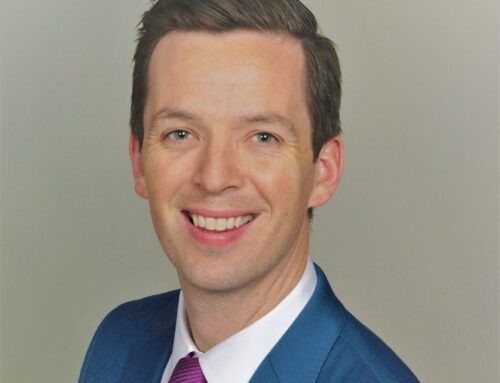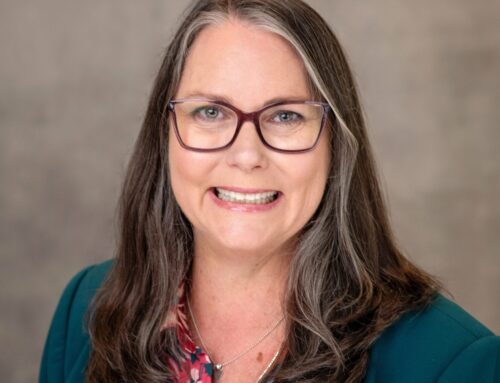 Education policies matter. They determine district and school resource allocations and can impact students’ access to rigorous curriculum. They can improve education opportunities and create conditions that ensure family and community voices are heard and valued.
Education policies matter. They determine district and school resource allocations and can impact students’ access to rigorous curriculum. They can improve education opportunities and create conditions that ensure family and community voices are heard and valued.
In a recent webinar co-hosted by UCLA and the Learning First Alliance, Dr. Joseph Bishop and his panel discussed the importance of looking more closely at education policies, who is developing them, and how they can be reinvented to better serve all students.
Bishop is the executive director of the UCLA Center for the Transformation of Education and author of the book “Our Children Can’t Wait: The Urgency of Reinventing Education Policy in America.”
“We need to think about a fundamentally different way to develop policies,” said Bishop. “Policies that include housing, healthcare, air quality, food insecurity, family relations, and family stress—both in-school and out-of-school factors.” According to Bishop, his new book “Our Children Can’t Wait” presents a roadmap for redefining the power and promise of education policy.
To advance the reinvention of education policy, Bishop recommends that people (1) tell about policies’ impact on students; (2) work with partners to push for governance, budgeting, and policy authority changes; (3) work with state affiliates to center work on education as a vehicle to dismantle systemic racism; (4) advocate for students, education, and community members to have a more formal place at the policymaking table; and (5) remember that we are all policymakers, and we have to recognize our power.
Rebecca Pringle, President of the National Education Association (NEA) and author of the foreword of “Our Children Can’t Wait” joined Bishop on the webinar.
“Education policy shouldn’t be developed by people who haven’t spent a day in our classrooms,” said Pringle. “These policies should be crafted by educators along with and in coordination with parents and community members. And educators should be valued participants in discussions of education policy.”
Pringle noted that what’s needed is the collective wisdom from the community. And that we create the space for students’ voices to be heard. “We must let them know that we see and hear them. They are depending on us to be worthy of them.”
Panelist Dr. Erin Simon, Assistant Superintendent of Long Beach Unified School District, California, suggested that to reinvent policies, we look at what they are highlighting and who is informing their development and their continuation.
“If we’re going to close opportunity gaps and really disrupt systemic racism, we must look at other factors, such as social-emotional learning, mental health, and trauma, and equally prioritize that with academic achievement, ” said Simon. “We can’t just rely on policies that highlight academic achievement.”
That means taking deeper dives and asking if we’ve done all of our children justice. According to Simon, the answer to that question is no.
“We as adults, in most cases, have good intentions for students,” added Simon. “And sometimes the best intentions are hurtful to systems and unintentionally to students. We have to listen to students, parents, and our community’s voices, and we have to stop working in silos if we are truly going to make an impact.”
According to Former Minnesota State Representative Dr. Carlos Mariani Rosa, the time for us to deconstruct policy and rebuild it is now.
“We don’t need to create a whole new body of technical knowledge and social interventions to address students’ needs,” said Rosa. “There is always new work to be developed and new things to learn, but we can’t wait to do the technical explorations and write-ups of discussions. There is plenty of empirical evidence on the ground. The real question is, what are we waiting for?”
Learn more about “Our Children Can’t Wait: The Reinvention of Education Policy” by Dr. Joseph Bishop




